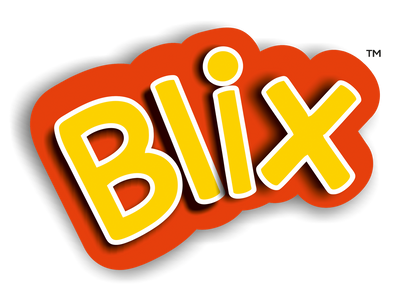
Little angels, runts, little devils, gummy bears, jellybeans… we use these kinds of phrases to describe our kids, but how did we find these words to describe them? We observe them as they roam around the house, play with their toys, move around and create chaos. We almost always find something or the other they did to laugh with them in the future.
Just as we find phrases to describe them, kids find themselves while playing by themselves, with friends and with playing and doing fun activities with family. Learning through play is the fundamental building block for kids to develop a sense of individuality and to discover their personalities. They choose to play because it’s fun! So many things to do and achieve, so much competition, so many teammates. What is not there to like about playing, right? It is our responsibility as adults to guide them during these quests and help them in the journey of discovering themselves.
Is Playing Really Important to Learn About Things Though?
In short, YES. Learning through play is the first and foremost exposure kids have to the real world. They learn about teamwork, individuality, competition, communication, logical thinking and many more skills and traits required to get through life. Learning through play gives the child a sense of adventure and imagination. In this digital age, kids miss out on the many fun activities playing outdoors can offer. It can improve their gross motor skills, open a new world of possibilities, expose them to nature and the diversity it offers which in turn could spark a love for nature in them.
Exposing them to different toys can spark a sense of curiosity in kids too.There is a story of Albert Einstein’s childhood where his father gave him a magnetic compass to play with. He spent hours twisting and turning the compass wondering how the compass needle pointed in the same direction no matter what he did. Now, we all know where that small question got him. There is a book called Internet Invention: From Literacy to Electracy by Gregory Ulmer in which he quotes Albert Einstein and his story of how that magnetic compass sparked his interest in science. This is just a small example of learning through play.
How Can I Help My Child Through Play?
As adults, we are their biggest supporters in everything that goes on in their lives. This is also true for learning through play. We can make sure they get adequate time to play and learn through play. Once a child gets their hands on playthings like building blocks, play dough, jigsaw puzzles, it helps if you push them in the right direction by showing them how certain things are done and asking questions like “ why did you do/make that?” or “what did you understand by this?”.
The main goal of learning through play is to connect different aspects of a child’s life- home, school, community and the world. They learn the continuity and connectivity over time across different situations by learning through play. As mentioned earlier, adults have a critical role in facilitating the continuity and connectivity of learning through play in the said aspects of their lives by recognising, initiating, understanding, guiding and scaffolding their playful experiences.
Encourage them to ask questions, give them the time and space to explore and take them out to play. Just like we learnt to play instinctively, kids will also learn the same way. Sit back, relax and see the capabilities of your child unfold before your very own eyes.
Learning through play is not only impacts their brain but also their body. As obesity is a big problem in kids these days, physical activities like jumping, running, climbing, etc. can help your child maintain a healthy body.
Conclusion
Ensure the value of learning through play is understood and implemented in their lives. The role of family and community must be recognised in the child’s process of learning through play. Cultivate and strengthen their interests with the help of family and teachers.
Blix enables the environment of learning through play with the wide range of Toys offered for kids. It helps them build, spark their creativity, and encourages them to think critically.

